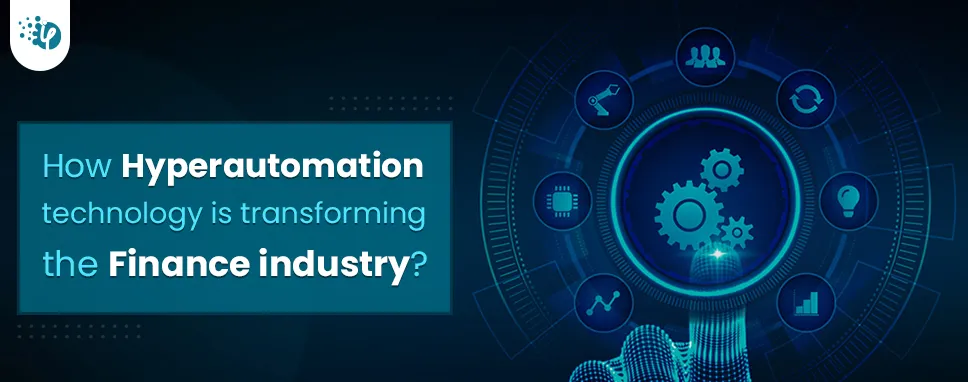Automates repetitive and time-consuming tasks
"Hyperautomation is a term used to describe the use of artificial intelligence (AI) and robotic process automation (RPA) to automate business processes. The finance industry is one of the sectors that is expected to be transformed by hyper-automation.
RPA is a technology that enables businesses to automate the processing of tasks that are repetitive and time-consuming. RPA can be used to automate tasks such as invoice processing, data entry, and customer service. RPA can also be used to automate the decision-making process. For example, RPA can be used to automate the process of approving loans.
AI is a technology that enables businesses to create systems that can learn and make decisions on their own. artificial intelligence (AI) can be used to automate tasks such as customer service and fraud detection. AI can also be used to create predictive models that can be used to make decisions about the future. For example, AI can be used to create models that can predict the likelihood of a customer defaulting on a loan.
Hyperautomation is expected to have a significant impact on the finance industry. RPA is expected to help businesses reduce costs, improve efficiency, and increase transparency. AI is expected to help businesses improve decision-making and increase efficiency."
The banking industry's quality of products and services is altering as a result of artificial intelligence. It has not only improved data handling and customer experience, but it has also streamlined, accelerated, and redefined existing operations to make them more efficient. With the introduction of smart analytics, financial service organizations may now mine vast amounts of consumer data to better understand and serve their clients. Organizations have also used technology to produce innovative financial services. Organizations face a major problem in developing a good payment system.
The banking industry is looking for distribution strategies that correspond with consumer tastes and habits across several channels. The Boston Consulting Group has published research that looked into future retail banking distribution models. Branch-centered distribution models will evolve in practically every country by 2025, according to the report.
























